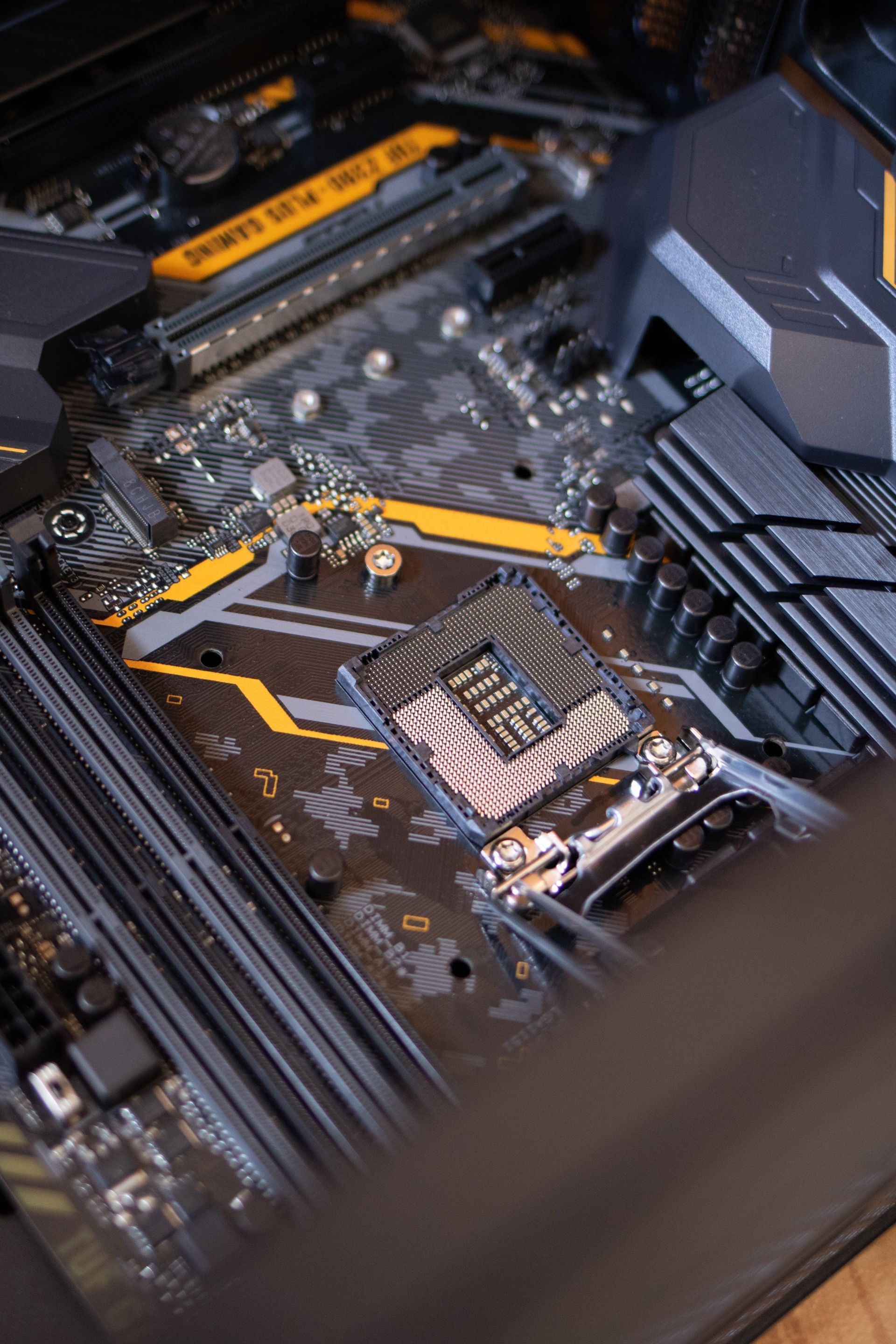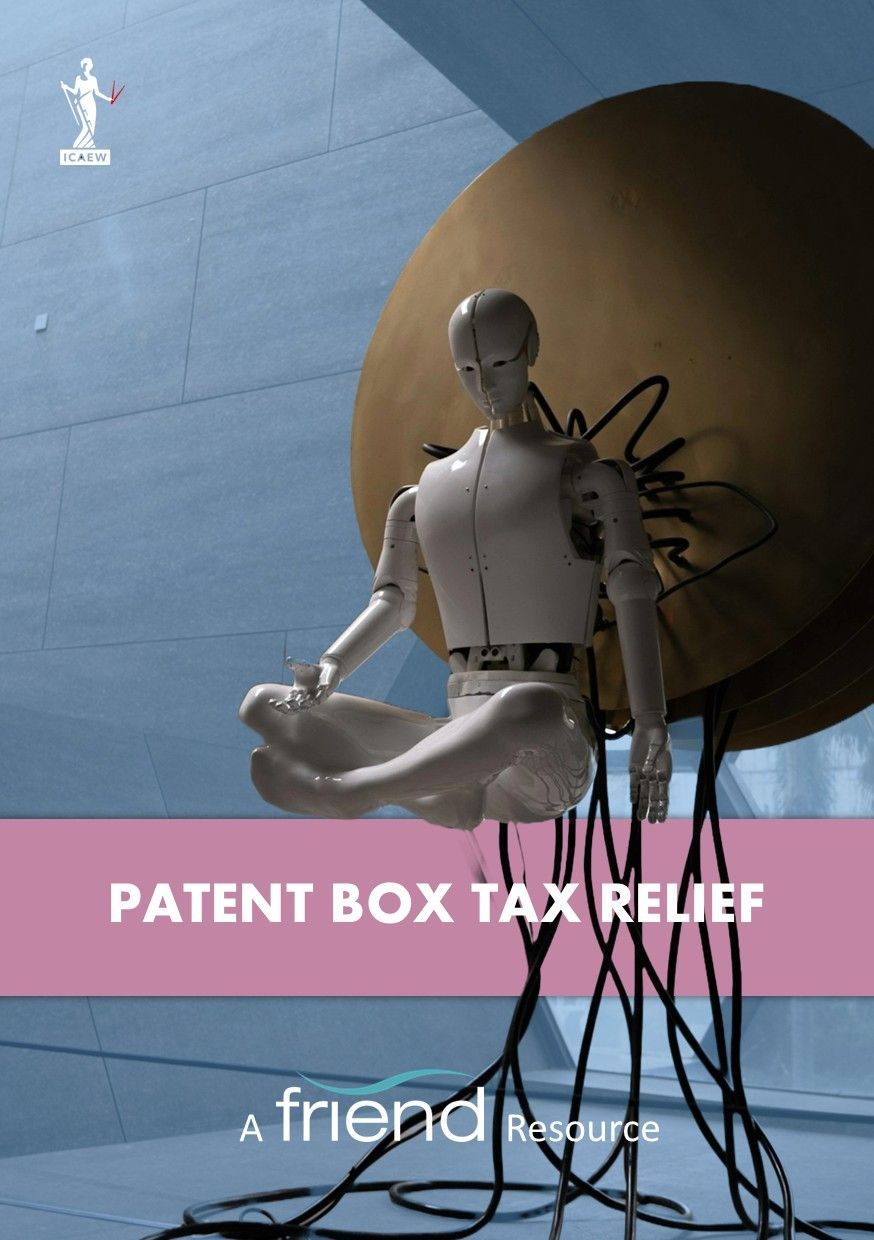What is "Patent Box"?
In line with similar regimes across the OECD, the UK Patent Box system is designed to encourage companies to retain and commercialise their intellectual property within the UK. It does this by offering a reduced effective tax rate of 10% on profits derived from qualifying patented inventions, known as relevant IP profits. This benefit is achieved through a deduction mechanism that adjusts the company’s corporation tax liability so that qualifying profits are effectively taxed at 10%, despite the main corporation tax rate currently being up to 25% (for companies with profits over £250,000).
Across the OECD, tax incentives supporting R&D and intellectual property development are widespread. Of the 37 OECD member states, 20 provide special deductions for R&D, 18 offer R&D tax credits, and 19 operate patent box regimes. The UK offers both an R&D tax credit and a patent box incentive. This article focuses on the UK Patent Box and how it can benefit eligible companies.
The Patent Box regime was introduced by the Finance Act 2012, adding Part 8A to the Corporation Tax Act 2010 under the heading “Profits Arising from the Exploitation of Patents, Etc.” It came into effect in April 2013.
The Economic Rationale for Patent Box
Innovation is widely recognised as a key driver of economic growth, productivity, and rising living standards. As such, governments use tax policy to incentivise research and development (R&D) and the commercial exploitation of patents.

Profits Arising from the Exploitation of Patents
Under the Patent Box regime, qualifying companies may apply the reduced effective tax rate to profits derived from:
- Selling patented products or products incorporating a patented invention
- Licensing patent rights
- Selling patented rights
- Receiving damages or compensation related to patent rights
- Manufacturing using a patented process
- Providing a service using a patented tool or process
These benefits apply to worldwide profits, not just those generated within the UK.
What IP Rights Does the Patent Box Cover?
Under Part 8A Corporation Tax Act 2010, the regime applies to:
- Patents granted by the UK Intellectual Property Office (UKIPO) under the Patents Act 1977
- Patents granted by the European Patent Office (EPO)
- Patents granted in specified European Economic Area (EEA) countries
- Rights similar to patents, including:
- Supplementary protection certificates for medicinal and plant protection products
- Certain regulatory protections relating to marketing authorisations or data exclusivity
How to Access the Patent Box Regime
Companies that pay UK corporation tax and generate profits from the exploitation of qualifying patents can elect into the regime. This election is not automatic and must be made within two years after the end of the accounting period in which the relevant profits arise.
The election must specify the first accounting period to which it applies and remains effective until revoked. If revoked, a company must wait five years before re-electing, preventing opportunistic entries based on profit fluctuations.
What About Patents Pending?
Companies with a pending patent application can still elect into the regime and begin calculating the potential deduction. Although the 10% effective rate cannot be applied until the patent is granted, retrospective relief can be applied to profits from up to six years prior to the grant, provided the election was made in time.
Therefore, it’s advisable to elect into the Patent Box as soon as a patent application is filed.

Calculating Relevant IP Profits
The calculation of relevant IP profits is complex and involves several stages:
- Identify relevant income derived from the exploitation of patented inventions
- Deduct expenses reasonably attributed to that income
- Subtract routine return and marketing asset return to isolate profits purely related to the IP
- Apply the R&D fraction, which enhances the deduction based on how much of the R&D was carried out in-house or through unrelated third parties
These steps ensure that only the portion of profits linked to patented innovations qualifies for relief, rewarding companies that invest in UK-based innovation.
How Could My Company Benefit?
Here’s an example:
If your company earns £1 million in profit and £500,000 is from qualifying IP, the standard corporation tax at 25% would lead to a £250,000 liability. With a Patent Box claim, the effective rate on the £500,000 of relevant IP profits drops to 10%, reducing the tax bill by up to £75,000 - a total corporation tax liability of £175,000.
Is the Patent Box Underused?
Yes. Despite its generous benefits, many businesses do not take advantage of the regime, often because their accountants find the calculations daunting or are unaware of the full scope of qualifying activities. Conversely, some companies apply for patents primarily to access Patent Box tax relief, recognising its value even beyond IP protection.
Patent Box rules are complex
The calculation of relevant income is very complicated. Many professional firms will not advise on it themselves and will often steer their clients away from it too.
Friend Partnership has been providing a Patent Box services to our clients since the regime was first introduced in 2013 and have a detailed working knowledge of the process and the complex legislation which underpins it.
Make A Patent Box Enquiry
KNOWLEDGE BASE










